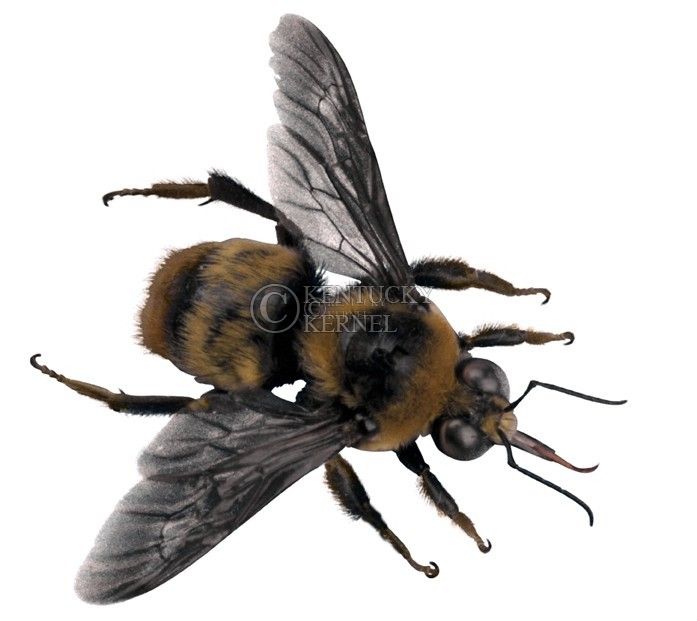Environmental talk looks at importance of bees
February 23, 2010
By Sharif Webb
One Eastern Kentucky University English professor hopes to create a buzz on campus with a lecture on bees.
Tammy Horn, who works in the Environmental Research Unit at EKU, will speak Wednesday as part of an environmental symposium titled “Conversations on Conversation.” Horn focuses on the importance of honey bees to Kentucky and the national crisis affecting beehives.
“We are losing 30 percent of bees every year,” Horn said. “This is on the same scale as the great dust bowl.”
Horn’s work centers around finding pollinator-friendly areas, such as mine sites, that can be transformed into places where honey bees can thrive by reforesting the areas with bee-friendly trees.
Horn said bees are the leading pollinator of plants, and when seeds are not fertilized, plants do not create the fruits necessary for each seed. She said a watermelon may contain thousands of seeds, but if all the seeds are not fertilized properly, the watermelon will not grow correctly.
But pollination is not the only area of concern for Horn. Products such as lotion, candles, soap, and cosmetic materials need beeswax. Horn also wants to inform students about the Pollinator Bill, House Bill 175. This is one of the few bills that protect coal mine sites for the benefit of pollinators.
Horn will conclude the conversation by telling those who will be present how they can help around the community. She said people can simply grow a few plants that are good for honey bee pollination.
Bailey Johnson, an English and Spanish junior and organizer of the event, said she hopes the event is the first in a series that will “focus on books published by the University Press of Kentucky, as they have a strong line of books that consider sustainability, natural history, agriculture and agrarian philosophy.”
Johnson said she thought Horn provided an interesting view on conservation and she hopes the event will start conversations among students about pertinent environmental issues.
“I planned the event to encourage reading environmental literature, as many people don’t realize that it extends beyond scientific articles and into other categories such as history, fiction and poetry,” Johnson said.
Professor Thomas Webster, Apiculturist, of Kentucky State University will also be speaking at the symposium, and Johnson said he will offer more scientific insight to the situation of bees in the U.S.
After the lecture, a reception will be held featuring a honey bar with different types of honey from several regions of the country and honey-infused foods.
“Conversations on Conservation” will be held Wednesday at 7:30 p.m. in the room 230 of the Student Center. The lecture is free and open to the public




















































































































































